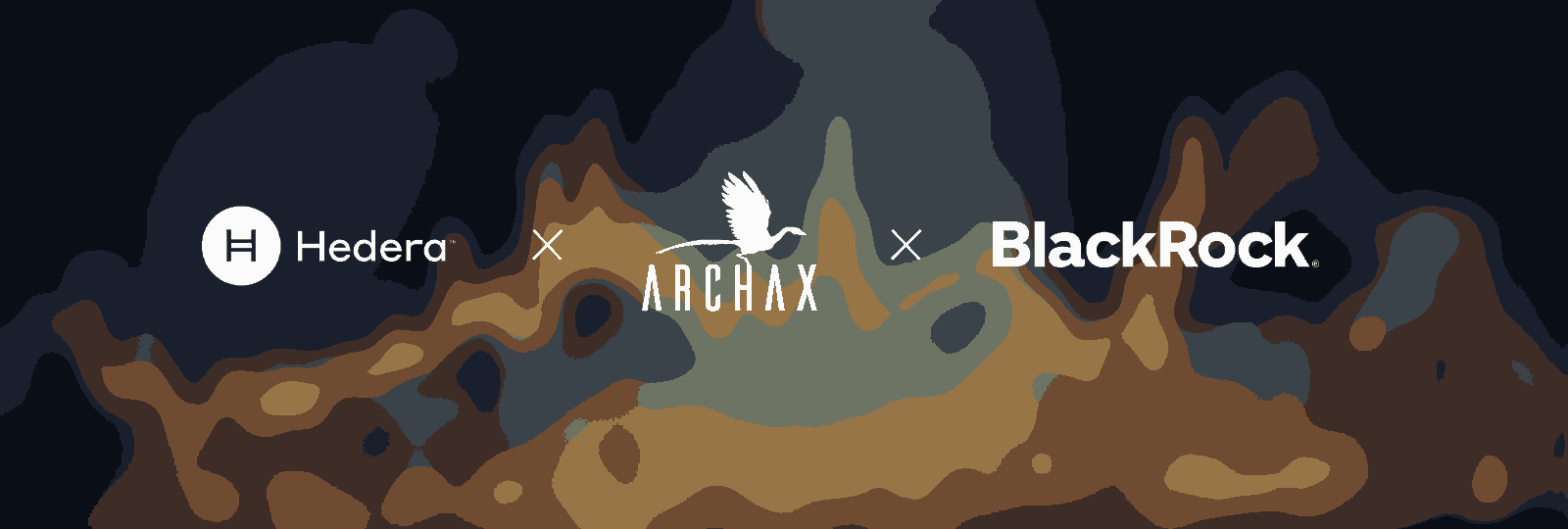On 23rd April 2024, Blackrock’s US money market fund was tokenized on Hedera in partnership with Archax and Ownera. This event marked a significant shift in Blockchain technology, for it is the first time the world’s largest asset manager is featured on Blockchain. You can access this fund along with Hedera’s existing features on its online platform. With Blackrock’s MMF on Hedera, you can get real-time insights into the fund’s activities and conduct faster transactions.
Tokenizing a money market fund, particularly one belonging to a global asset manager like Blackrock, can be quite beneficial. Although tokenization is a fairly new technology, it could change how funds operate. A premium Blockchain network like Hedera ensures that all purchase records, including changes within the asset fund, are recorded accurately. Any investor can quickly get live insights into an asset’s composition within a Blockchain network, potentially increasing trust and security between investors and asset holders.
In online trading, there is always the risk of unauthorized personnel getting their hands on sensitive information. Due to the decentralized nature and unique cryptographic principles of Blockchain networks like Hedera, one can rest easy knowing their transactions are tamper-proof. There are fewer chances of scams and data breaches.
Unlike limited trading hours, investors can buy or sell their shares in a blockchain network at any hour of the day. Also, traditionally, you need a minimum investment amount to purchase or sell shares in an MMF.
Tokenization over a Blockchain network implies you can buy even a fraction of Blackrock’s shares for as little as $100. This opens the investor pool to a diverse number of candidates. Also, one does not need intermediaries to invest or buy shares from a tokenized MMF on an open network, lowering costs and reducing transaction time.
By leveraging smart contracts on the Blockchain, one can keep track of multiple events, like onboarding new investors, distributing dividends, and running compliance checks. One can keep track and aim to automate these administrative processes in the long run, saving time and maximizing wins.
While placing Blackrock’s MMF on Hedera is a revolutionary move that could potentially change how funds operate, one cannot ignore its scalability issues. Bitcoins can process a limited number of transactions at a time. If the MMF operates on a global level, it is quite likely that the network will not be able to handle such a large volume of Bitcoin transactions. This congestion will not only delay transactions but will also sour the customer experience. A hybrid approach may be the solution, combining the benefits of decentralized Blockchain networks and the security of real-time asset managers.

